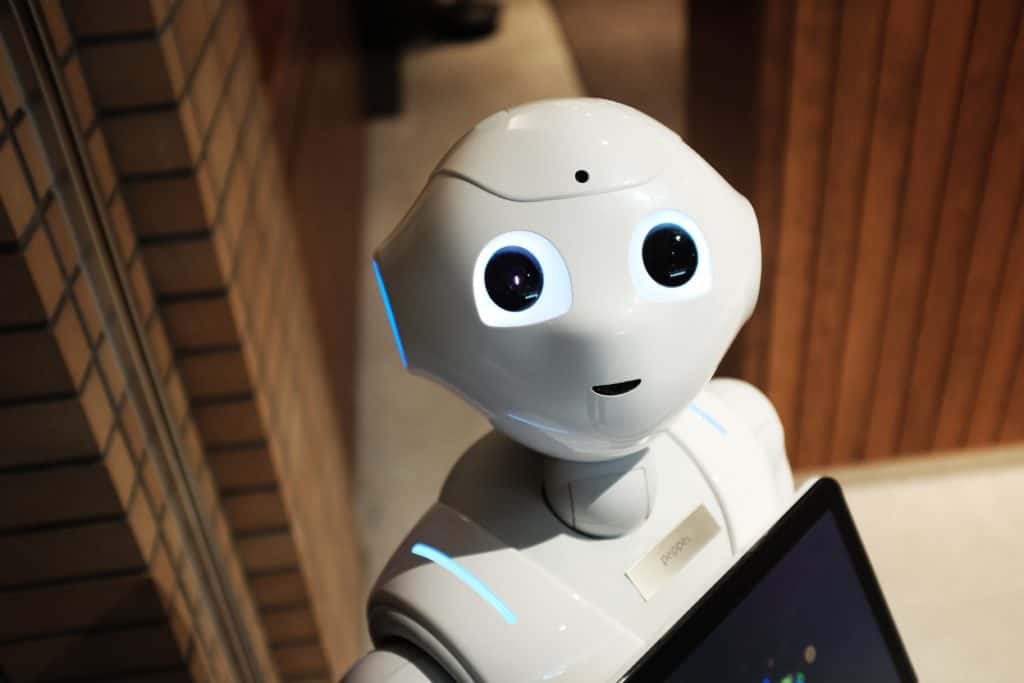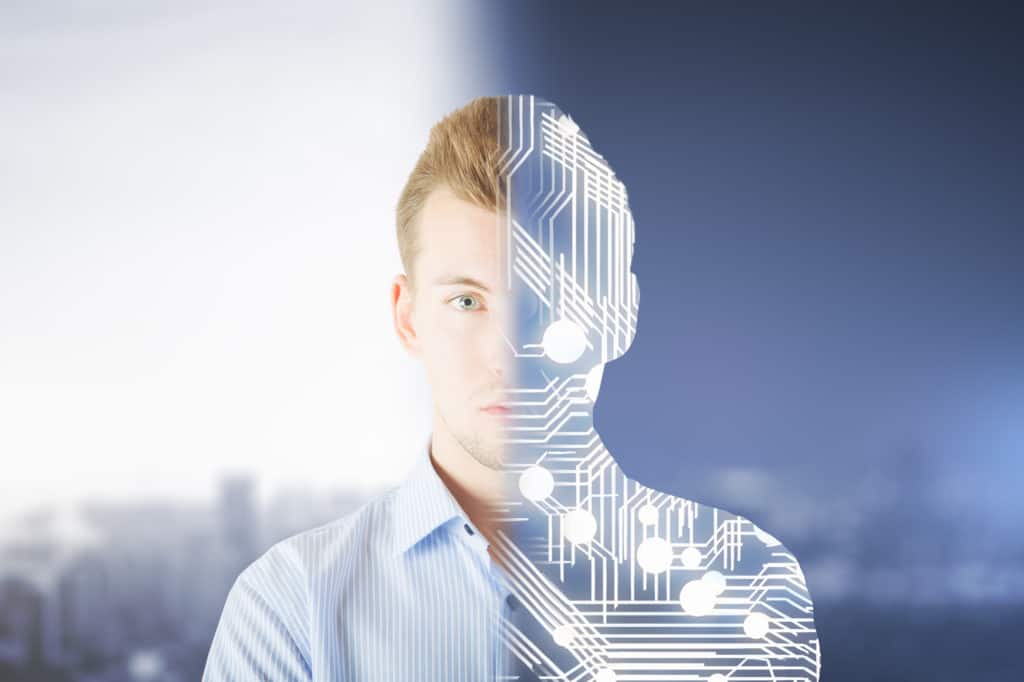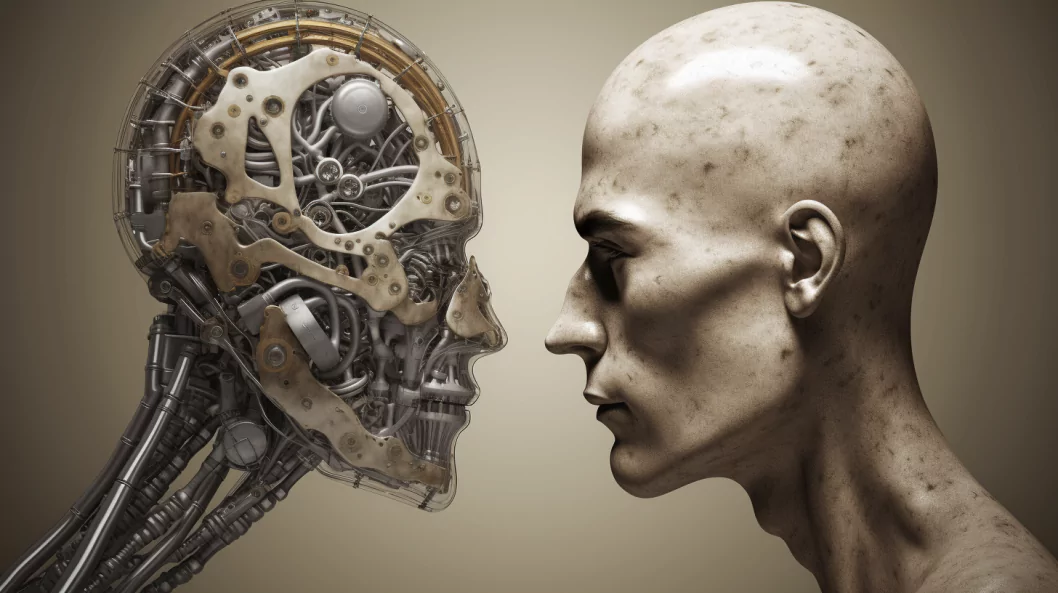In the debate over whether an Amazon seller should employ a machine to manage their PPC campaigns versus a human agent, we see the tale of John Henry and the steam engine play out in modern day.
There are strong arguments for both sides, but they are typically perpetuated by those who stand to gain from holding their position; human management agencies or AI SAAS. From the perspective of an Amazon seller, we just want to offload the difficulties and complexities of Sponsored Ads.
And typically we just want something that is going to work. The marketing for both strategies is very compelling.
An experienced professional with years of practice watching over my account and making adjustments based on his/her knowledge. That sounds like the personal touch I need.
A sophisticated machine learning algorithm trained by experts to make micro-adjustments (prepared within milliseconds) to optimize hundreds (if not thousands) of variables at a time. That sounds like the maximum output I need.
So which one IS best for your business?
The Might of Man

Look, when you are seeking a PPC agency that offers humans to manage your account, you are putting your trust in the wisdom and experience of the expert selling you their services. There’s a lot to be satisfied with in this situation too.
If a battle-tested Amazon PPC warrior is going to monitor your account every day, and check in several times a day, you can know that changes will be made on the fly. The more experienced someone is, the more sensitive to cues and signals they are and therefore will be able to adjust bids and other aspects of your campaigns quickly to maximize results.
This is certainly a plus.
The only is, what happens when that expert gets another client? And then another?
S/he most definitely will want to grow, so as more clients come in, less time will be spent in the individual account. This will reduce the amount of sensitivity optimization.
Okay, maybe that much sensitivity isn’t necessary anyway. So long as the campaigns are monitored regularly, it should still be ok. Unless, of course, this manager gets extremely popular and ends up with hundreds of campaigns to monitor.
That’s too much for even the most brilliant humans.
They will definitely have to hire help.
Ok, so now the agency has a staff of managers fully trained by the expert. And THESE are the people who can continuously monitor your campaigns and optimize on signals. Right?
But, what if they miss something? What if opportunities slip through their fingers? After all, they won’t be nearly as sensitive to cues. They don’t have the experience that the expert has. Or else, they’d likely have their own agency.
As missed opportunities and optimizations stack up, all client accounts regress toward mediocre results.
To combat this, the agency needs more help than human managers can offer. They need…automation.
So step one is usually to automate a small portion of the campaign management. Maybe just to make bid suggestions when ACoS doesn’t perform for a certain number of days. However, when that proves to lighten the burden on management tremendously, more and more automations are introduced.
Basically, the agency slowly has no choice but to implement key elements of what AI automation already offers. If they are any good at what they do, they end up working toward a system that has already perfected the model.
AI Automation To The Rescue

Artificial Intelligence (AI) is being adopted by companies, agencies and businesses the world over. The reason is because they can perform and automate tasks at lightning speeds. What’s more, and this is important, is that AI is not bound by human limitations or subject to human error.
AI doesn’t get tired. It doesn’t get sick. It doesn’t get distracted.
Can it break though?
Sure, any machine can break, but the error rates are typically extremely low so long as proper testing was conducted.
What intelligent automation CAN do far outweighs the infinitesimally small chances of error, however. It can pull hundreds, if not thousands, of levers at lightning speed, all day every day.
What this means in the context of Amazon PPC is, it can test, observe, learn, adjust, and then modify bids for thousands of keywords in hundreds of adsets across dozens of campaigns.
It can also make keyword suggestions, create adsets, and turn off underperforming ads. It can also adjust campaign structures, daily; adding adgroups to handle new competitors, or attacking new trending keywords. All within the scope of your specific strategy. On auto-pilot. Twenty-four seven.
This provides a statistically significant increase in performance for all campaigns. It’s quite incredible. When you turn over control of your campaigns to a sophisticated AI, you make a greater return on your investment. Bottom line.
So, AI is the way to go to maximize your results…ls that what you’re saying?
Yes….and….no.
Let me explain.
See, while AI can automate and learn strategies that will help you achieve your ACoS objectives, it cannot operate outside of those parameters.
This means, for example, if increasing the ACoS of a particular campaign objective would allow you wider visibility for a specific keyword that could have vast implications of profit maximization on both the PPC and organic side, the machine would not be able to adjust or even evaluate that scenario.
The only thing that could would be….a human.
Ok, so now you’re saying that human management is better? I’m so confused.
No. I am saying that using BOTH in combination with one another is the optimal solution.
An experienced human manager, that understands how to set up objectives for the AI to tackle and achieve, will result in a vastly more efficient and personalized advertising strategy.
The Human Augmented Approach

Machines, even the ones that can learn, are still limited by their programming.
Unlike the autonomous, conscious-gaining Hollywood versions of AI, artificial intelligence programs are smart in that they can assess and react to data faster than any human, but they cannot do what they are not programmed to do.
Even with the foremost experienced Amazon paid advertising expert in the world helping design every potential scenario the AI might face, the machine will still never be able to make prudent business decisions outside the scope of its limited campaign goals.
However, despite a machine’s inefficiencies, it still outperforms humans and their fallible, exhaustible, and distracted minds almost every time. The thing is, when you combine the two, the results are nothing less than amazing.
When you have a human managing the automation of a set of campaigns, you get the best of both worlds. You get the in-real-time, up-to-the-millisecond switches made by the machine, as well as the flexible, creative, and responsive human that can adjust the AI’s course whenever necessary.
Now THAT is optimization on steroids.

